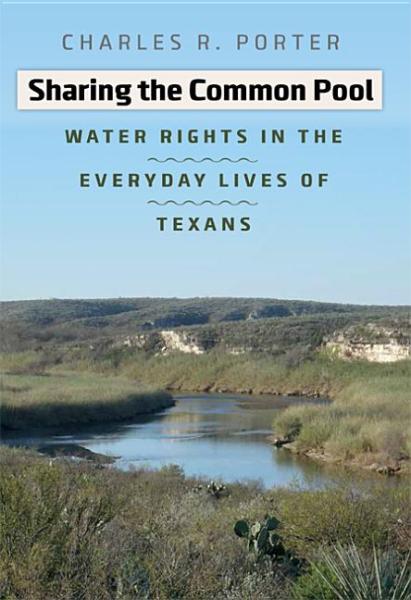Description
The origins of Texas water law, which contains elements of the state's Spanish, English, and Republic heritages, contributed to the development of a system that defines water by where it sits, flows, or falls and assigns its ownership accordingly. Over time, this seemingly logical, even workable, set of expectations has evolved into a tortuous collection of laws, permits, and governing authorities under the onslaught of population growth and competing interests--agriculture, industry, cities--all with insatiable thirsts.
In sections that cover ownership, use, regulation, real estate, and policy, Porter lays out in as straightforward a fashion as possible just how we manage (and mismanage) water in this state, what legal cases have guided the debate, and where the future might take us as old rivalries, new demands, and innovative technologies--such as hydraulic fracturing of oil shale formations ("fracking")--help redefine water policy.
To learn more about The Meadows Center for Water and the Environment, sponsors of this book's series, please click here.
Product Details
- Texas A&M University Brand
- May 15, 2014 Pub Date:
- 9781623491376 ISBN-13:
- 1623491371 ISBN-10:
- 240.0 pages Paperback
- English Language
- 9.5 in * 0.79 in * 6.4 in Dimensions:
- 1 lb Weight:




